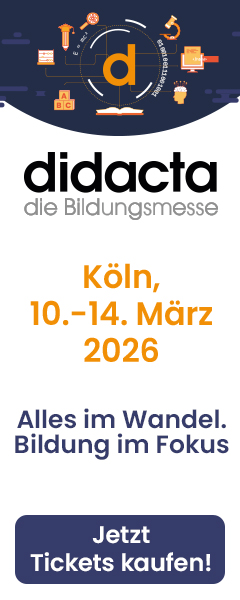New Initiative to Make MOOCs Better
Brussels (BE), April 2016 - The European quality alliance MOOQ (Quality of Massive Open Online Courses) has started, with the key aim of improving the quality of massive open online courses (MOOCs). MOOQ supports the formulation and integration of quality approaches and mechanisms into the life cycle of MOOC design, implementation, and delivery, with emphasis on learning content, innovative learning settings, and quality of the learning experience.
Quality is one of the biggest concerns for the adoption of MOOCs in higher education, as they are subject to little formal quality assurance.
The new pedagogy and organizational mechanisms required to design and deliver high-quality MOOC experiences are still poorly explored.
Massive online open education bears the promise of opening new educational highways for both higher education and for adult and youth education as well. The advancements in open access to open educational resources (OER), as well as MOOC have witnessed a growing impetus among academic institutions and the society to embrace the “open” movement. This gives rise to two issues of concern: formal quality assurance for MOOCs’ adoption in higher education and the lack of integration of emerging new pedagogy and organisational mechanisms to design and deliver a high-quality learning experience.
MOOQ addresses several key aspects of the EU Modernization Agenda, and it seeks to
- provide guidelines for designing more successful MOOCs from an educational and business model point of view
- contribute to the transferring of first-class European expertise in open learning to the higher-education system using formal channels (standardisation) with the purpose of having education respond to the characteristics of future students and to new needs in society.
Current hot questions are
- How can we anticipate increasing student numbers combined with the likelihood lower funding?
- How should we combine online and traditional formats to enhance quality and at the same time devise sustainable university business models?
One target of the Europe 2020 agenda is that forty percent of young people should complete higher-education programmes by 2020. MOOQ works towards this vision by ensuring the development of quality guidelines and standards in MOOCs’ adoption in higher education, helping to serve the European Union's goal of increasing the number of graduates.
MOOCs are a valuable solution as long as they retain a certain level of quality. MOOQ contributes by offering a systemic approach to massive student-centred online learning. It will be used and tested in an experimentation phase by many higher-ed institutions. Instead of the mere digitalisation of content or the use of simple process-oriented standards, MOOQ contributes towards the formation the appropriate pedagogical, organisational, and business models for open and flexible education.
MOOQ will research and formalise the design of multi-stage, mixed model MOOCs that may be offered during anyone’s lifetime. These MOOC modes strive to serve new target groups in a combination of study and work such as practitioners in professional networks from sectors of innovation and learning in the context of regional development as a smart specialisation.









